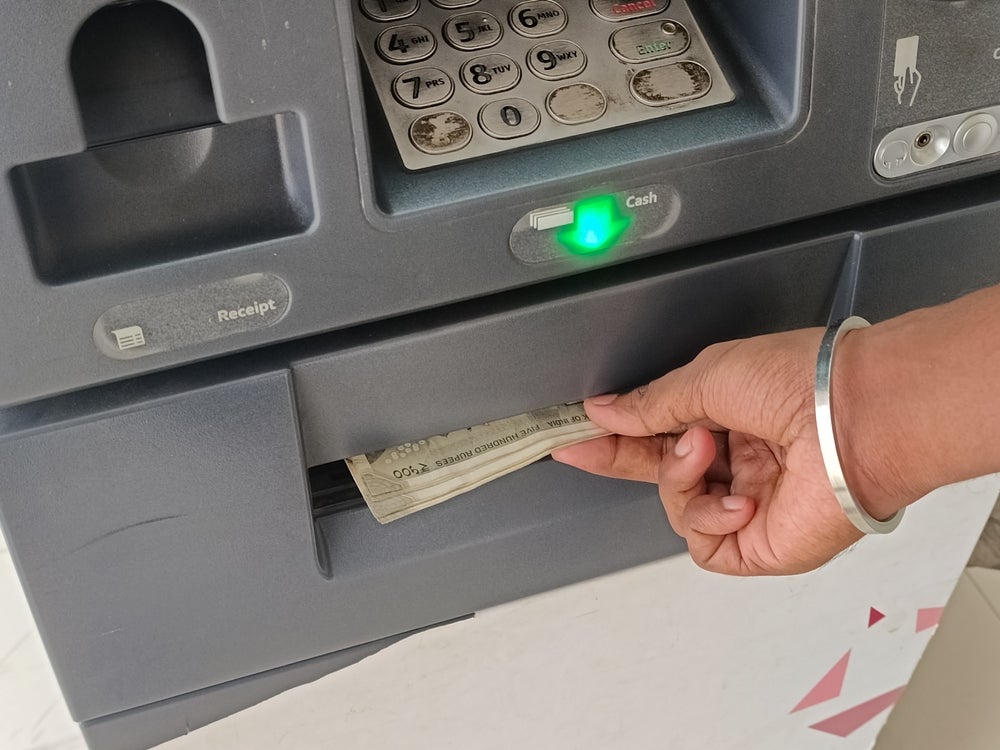As cost-of-living pressures escalate, people across the UK are turning to cash to help with their budget management. Cash usage is on an upward trend, with Nationwide finding that customers made 32.8 million cash withdrawals from their 1,260 ATMs last year, a 10% increase from the previous year. This highlights a change from the move towards a cashless society which was forecasted during the pandemic. Not only in the UK, but Sweden, one of the most cashless societies globally, has announced that they are re-thinking the need for cash due to geopolitical concerns.
It is now even more important for financial services institutions to make sure that their entire ATM networks can meet customers’ demand for cash. Yet, with the issues which many banks face around the cost of cash, the logistics around cash delivery and insurance costs must be overcome. As well as this, close to 2,000 banks have been shut as of January 2025, with more being predicted to close this year, which makes cost-effective and efficient money management even more important. Consequently, ATMs have become the only touchpoint for providing physical access to cash in many areas, underpinning the need for banks to have a robust cash management process.
Automating the cash recycling process
One method that could help is automated cash recycling technology, which automatically counts and sorts the cash that has been deposited in the machine and is able to re-dispense the same cash instantly for customer use. This technology can be integrated in ATMs, or as a stand-alone cash recycling unit.
These cash recycling machines act as a collector and a distributor of cash, which means that banks are able to deliver much more efficient and streamlined ATM operations and cash management processes. Additionally, these machines can also be deployed as part of a more localised cash collection and distribution system when deployed along side, and potentially in partnership with, other types of recycling technology such as in point of sale (POS) systems in retailers.
How can cash recycling benefit banks and customers?
The financial services organisations that deploy cash recycling systems will benefit from much greater efficiency in back-end operations, leading to monetary and time savings. This is because the manual processes involved in counting and sorting cash is managed in the machine itself, so employees are no longer tasked with doing these time-consuming activities. Not only that, as cash management processes will be automated, it will be more accurate compared to using humans. In this way, banks will not need to spend time looking for the human error and resolve the issue.
Beneficially, cash recycling machines are able to manage lower value and low-cost transactions, meaning customers will no longer need to wait in long queues at banks or speak to tellers if they have simple service needs or questions. This will enable employees in the organisation to focus on higher value and more complex customer queries which need human interaction. By doing so, financial services organisations will be able to deliver best-in-class customer service that is personalised and proactive.
Further, cash recycling advances Environmental, Social and Governance (ESG) goals benefits as machines will not need to be topped as frequently. This lowers the need for Cash-In-Transit (CIT) itself, plus additional insurance, and other costs associated with cash delivery.
Successfully deploying cash recycling technology
When financial services institutions want to deploy cash recycling technology, the aim should be to create a joined up ecosystem that encompasses technology, cash, the CIT and security. To do this successfully, banks must create strategic and strong partnerships for streamlined and cost-effective deployments.
Effective deployment and management of cash recycling endpoints ensure constant cash availability for customers, enhance uptime of these endpoints, and generate significant cost savings for banks. Cash continues to play a significant role in people’s lives, so financial services institutions must ensure that they meet customer demand in a cost-effective and efficient way.

Brendan Thorpe is Customer Success Manager at Auriga








